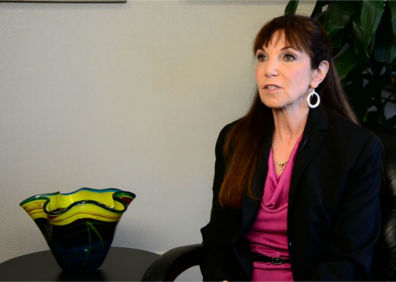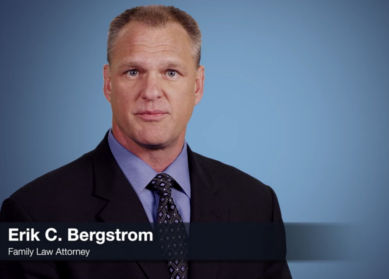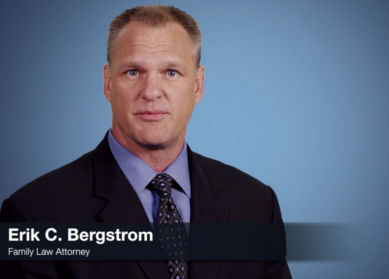What is a Parenting Coordinator?
Hi. My name is Larry Hirsch, and I practice exclusively in the domestic relations group at Jaburg & Wilk. Parenting coordinators are appointed by the court, and the main thing that they do is help parents make decisions when the parents can’t agree. Look, the parties are getting divorced. Clearly they’re not seeing eye to eye on everything, and more often than not they don’t see eye to eye on parental decisions, nor can they make even the most simplistic agreements on their own. And so a lot of times somebody needs some help, and that’s where parenting coordinators come into play.
Who are Parenting Coordinators?
Parenting coordinators are often either other family lawyers who are well-versed in custodial litigation, or they’re mental health professionals or medical doctors.
Appropriate Issues
What kinds of issues are appropriate for what we call a PC to oversee? They’re issues like school, vacations, the change of a parenting day, the right of first refusal, babysitters, caregivers, even medical arrangements, medical decisions, which doctors they’re going to see. In other words, these are often things that people shouldn’t be litigating about. They shouldn’t be spending $10,000 on the issue of should I be picking up the kid at 3:15 on Thursday or 3 o’clock on Thursday? So that’s where parenting coordinators come into play – highly beneficial for the parties, saves a ton of money, also helps everybody’s mental health because things are handled quickly by the parenting coordinator.
Non-Appropriate Issues
Now, what are parenting coordinators not for? The main thing that a parenting coordinator is not for is making decisions with regard to decision-making authority or custody. In other words, if you are already divorced and you want to change your custodial access schedule – let’s say it’s week on/week off – and you don’t think father should be seeing the children that much any longer, the parenting coordinator is not the right person to go to for that. Unfortunately, the court is.
By: Laurence Hirsch










